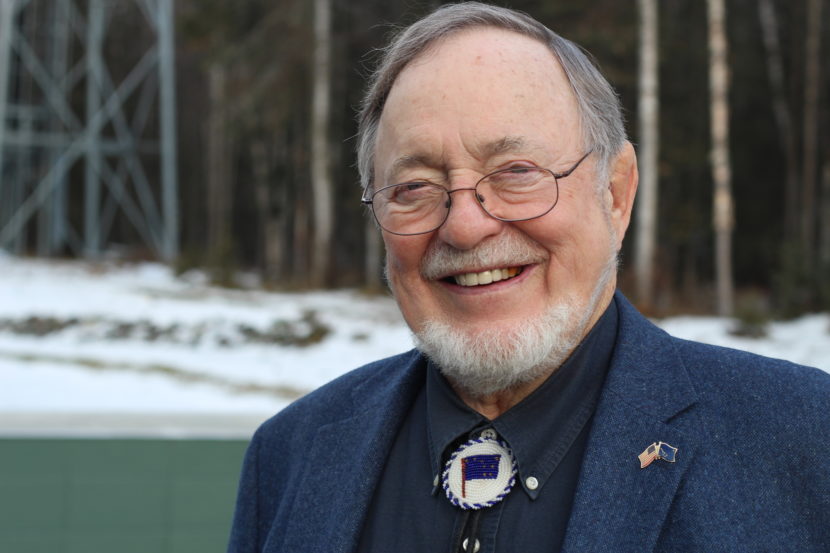In the U.S. House, Republicans started the new year with an awkward lurch.
First they proposed to weaken their ethics watchdog. Then, after a flood of angry phone calls and a tweet from Donald Trump questioning their priorities, they abandoned the plan. But not everyone agrees the House majority should have backed down.
U.S. Rep. Don Young, R-Alaska, is among those who want the ethics office reined in.

Young missed the closed-door session Jan. 2 when his Republican colleagues decided to propose curtailing the independence of the ethics watchdog.
Spokesman Matt Shuckerow said Young’s flight back to Washington was delayed. But Young was present for another Republican confab Jan. 3, and Shuckerow said Young spoke up in favor of changes to the Office of Congressional Ethics.
“He shared concerns that he thinks reforms are needed within the office, having to do with due process, the right to face your accusers,” Shuckerow said.
Young would have voted in favor of changing the ethics office, Shuckerow said, if the idea hadn’t been ditched before he had the chance.
Among Young’s objections, the spokesman said, is that the office can investigate a House member based on anonymous tips.
The office was created in 2008 in response to a series of Congressional scandals.
Its staff reports to an independent board.They act something like a grand jury: If they find a case has merit, then they refer it to the House Ethics Committee, which can punish the House member.
One of the proposed changes would have put the Ethics Committee – composed of House members – in charge. Critics say it would weaken the ethics policing because House members wouldn’t be inclined to hold their colleagues to account.
Young had a busy schedule Jan. 4, Shuckerow said, and didn’t have time to take questions on the subject himself.
He said Young did not know about the plan to reform the office before Monday, and he couldn’t say whether the congressman’s objections to the office are based on his own experience with it.
The Office of Congressional Ethics investigated Young in 2011 for how his legal defense fund was financed.
Twelve corporations — all owned by the Chouest family, of the marine transportation firm Edison Chouest Offshore — each gave $5,000 contributions, the maximum allowed.
The Ethics Committee concluded Young did nothing wrong, but they changed the rules to disallow contributions like that in the future.
